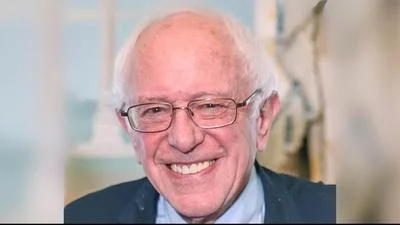Contact: Matt Dennis 202-225-6506
Lowey Opening Statement at United Nations Hearing
Congresswoman Nita Lowey, Ranking Democrat on the Appropriations State and Foreign Operations Subcommittee, today delivered the following statement at a hearing on the United Nations:
Ambassador Rice, I join with Chairwoman Granger in welcoming you today.
In the 21st century, the idea that the United States can - or should - isolate itself from the international community is both unrealistic and shortsighted. Humanitarian crises threaten stability around the globe; unstable countries are breeding grounds for terrorists; environmental degradation halfway around the world compromises the safety of the air we breathe and the water we drink; global health crises generate diseases that reach our shores; lax safety regulations in a foreign nation can lead to tainted and dangerous food and products that injure or even kill Americans; and widespread poverty closes markets to U.S. products and impedes economic growth.
In this context, I look forward to hearing from you about how the President’s budget request will promote our national interests and maintain U.S. global leadership.
The United Nations plays a critical role in maintaining international peace and security, promoting economic and social development, alleviating hunger, championing human rights, and supporting efforts to address humanitarian crises. It has often been said that if the United Nations did not already exist, we would have to create it. And while its benefit is not always obvious to the casual observer, we cannot lose sight of the role this organization plays in maintaining peace, reining in rogue actors, and promoting international stability, all of which are in our own security interest.
However, the UN is by no means perfect. Its bureaucratic processes can be inefficient and cumbersome, and it is often slow to act in times of crisis, such as in the Congo or Bosnia. In addition, UN members devote disproportionate attention to Israel and consistently adopt biased resolutions, which too often divert attention from the world’s most egregious human rights abuses. Too often, the UN is a reflection of the lowest common denominator rather than the best and brightest on the international stage.
To achieve a more efficient, performance-oriented, and innovative UN, the U.S. should continue to push for reform from within, not by holding the institution hostage by cutting funds. This tactic, suggested during the debate on H.R. 1, alienates our partners and reduces our ability to influence the process. The Committee would benefit from hearing the Administration’s priorities for management reforms at the UN and the steps you are taking to spur change.
I hope you will also discuss what impact significant cuts, like those proposed in H.R. 1, would have on both the UN’s ability to fulfill its mission as well as the potential costs to the United States.
Our voluntary contributions to organizations like UNICEF, the World Food Program, UN Women, and the UN Population Fund help to reduce poverty, protect children, feed the hungry, promote women’s political and economic empowerment, and improve health for millions, including in frontline states like Afghanistan and Pakistan. The President’s proposed reductions for these programs of $41.7 million from FY 2010 levels warrants explanation, and we also welcome your analysis of additional potential funding cuts to these programs and the total funding ban for UNFPA that were included in H.R.1.
Finally, while not under your jurisdiction, I am also concerned about cuts to other important international organizations, such as the North Atlantic Treaty Organization, the Organization for Economic Cooperation and Development, and the World Trade Organization, to name a few. Membership in these organizations promotes our foreign policy and national security goals, and cuts in our support could limit our ability to influence policy and strategic decisions.
Thank you both for your service. I look forward to your testimony.
Source: U.S. Department of HCA








